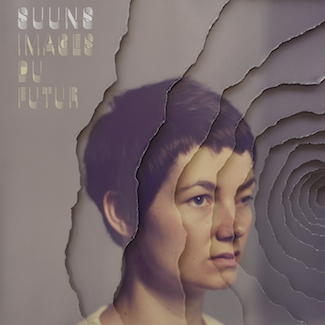 The general consensus amongst those familiar with the longtime work of experimental folk artist Julian Lynch is that his fourth full album Lines is a more focused effort than previous ones. Having not heard his earlier work, I cannot say the term ‘focus’ was anywhere close to my mind while I listened to the album. Experimental in the fullest sense of the definition, Lines is a sonic complexity of diverse endeavors, unified only by its vague evocation of folk music and stormy use of various instrumentation.
The general consensus amongst those familiar with the longtime work of experimental folk artist Julian Lynch is that his fourth full album Lines is a more focused effort than previous ones. Having not heard his earlier work, I cannot say the term ‘focus’ was anywhere close to my mind while I listened to the album. Experimental in the fullest sense of the definition, Lines is a sonic complexity of diverse endeavors, unified only by its vague evocation of folk music and stormy use of various instrumentation.
A stolid sequence of clarinet notes act as the introduction to the americana-flavored “Going,” which heaps instrumental upon instrumental as strange textures sound and gauzy circumambient vocals float overhead. Ensuing tracks pick at different melodic threads and then discard them—each has a whiff of manifest destiny, of some new frontier for the hardened but adventurous soul, found in aspects like blundering drums, discordant instrumental rackets and jazzy woodwind infusions. “Lines” and “Gloves” come closest to conventional songs with minimal sounds, upfront vocals, and complete melodic lines. But elsewhere vocals are softly indecipherable and lazily uttered, while moods digress with showy musings and every instrument feels purposefully set just an inch out-of-step with all its companions.
It’s this sort of precision-honed cacophony and methodic chaos that defines Lynch’s mode of experimental music. Though technically masterful, compositionally intricate, and all-around a fascination listen, his album feels rather something like an intangible work of modern art. It’s interesting for the sake of being interesting, but difficult to establish a connection with in any meaningful way.










